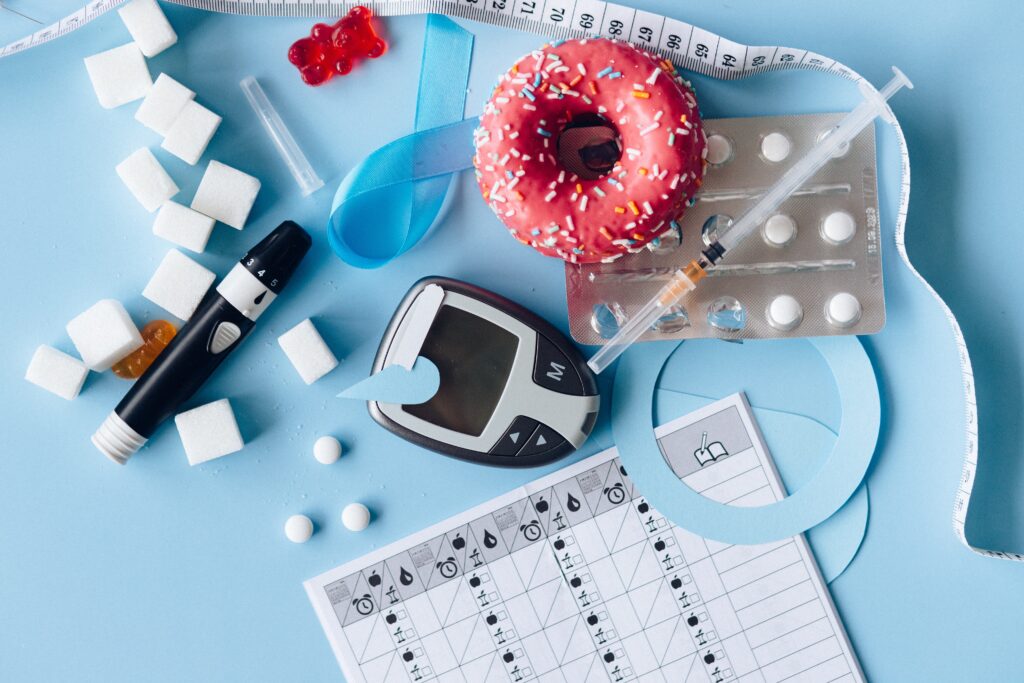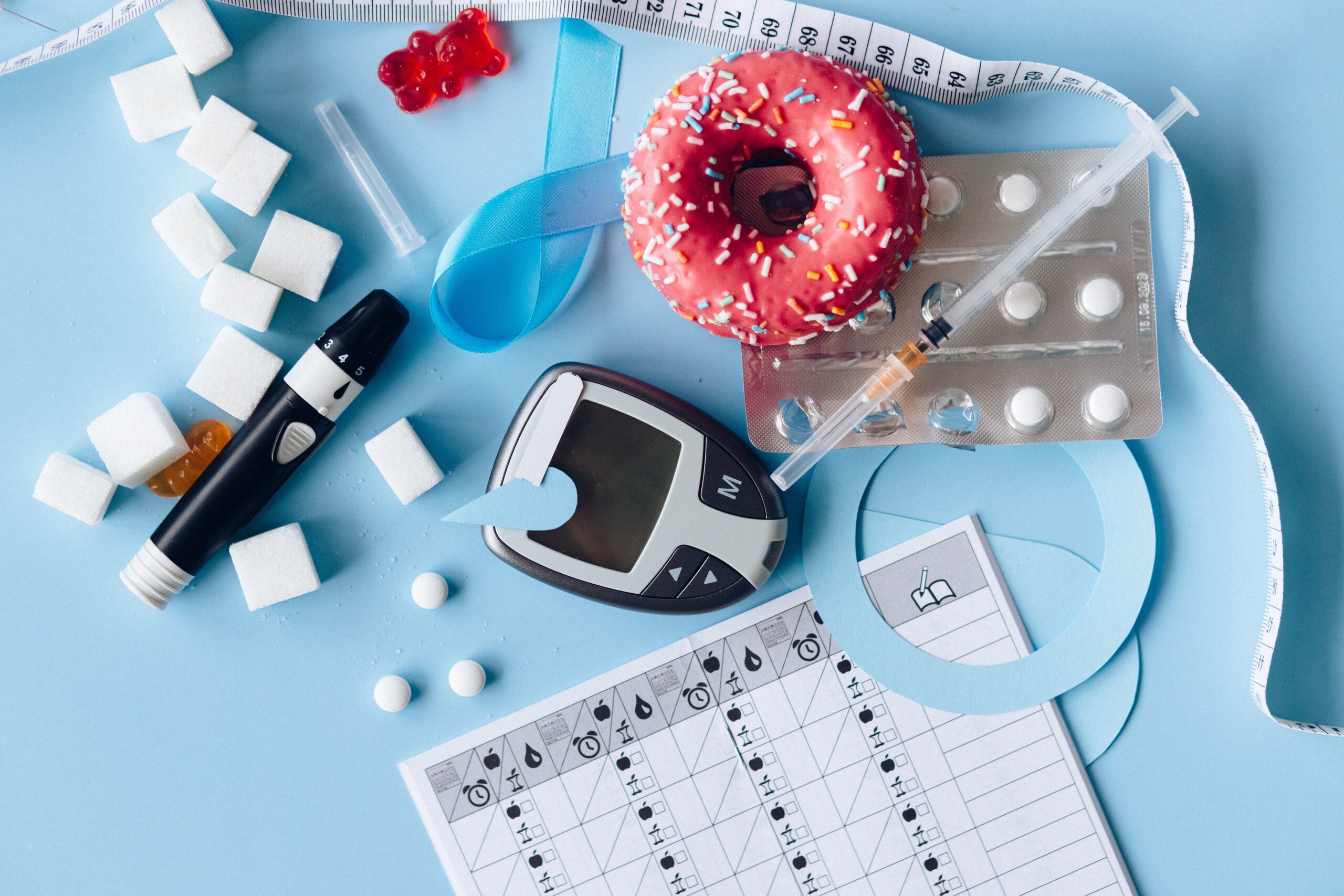Managing Diabetes Medications: Dos and Don’ts for Better Blood Sugar Control

For individuals with diabetes, medications play a crucial role in achieving optimal blood sugar control. Proper management of diabetes medications is essential to prevent complications and maintain overall health. In this article, we will explore the dos and don’ts of managing diabetes medications, empowering individuals to take charge of their health and achieve better blood sugar control.
Dos for Managing Diabetes Medications:
- Follow Your Healthcare Provider’s Instructions: Always adhere to your healthcare provider’s prescribed dosage and schedule for diabetes medications. Consistency is key to ensuring stable blood sugar levels and avoiding fluctuations.
- Monitor Blood Sugar Levels Regularly: Frequent blood sugar monitoring helps you understand how your body responds to medications. Keep a record of your readings and share them with your healthcare provider during check-ups for better treatment adjustments.
- Educate Yourself on Your Medications: Understand the purpose and potential side effects of your diabetes medications. Being well-informed empowers you to recognize any concerning symptoms and seek timely medical attention.
- Complement Medications with Healthy Lifestyle Choices: Combine medications with a balanced diet, regular exercise, and stress management techniques to optimize blood sugar control. Healthy lifestyle choices can reduce the need for higher medication dosages.
- Carry Medical Identification: Wear a medical alert bracelet or carry a card indicating your diabetes medications in case of emergencies. This helps first responders provide appropriate care, especially if you’re unable to communicate.
- Be Prepared for Travel: If you’re traveling, ensure you have an adequate supply of medications, and keep them in their original packaging. Consider time zone changes when adjusting medication schedules.
Don’ts for Managing Diabetes Medications:
- Don’t Skip or Double Medication Doses: Skipping doses can lead to uncontrolled blood sugar levels, while doubling doses may cause dangerous hypoglycemia. Stick to the prescribed regimen without altering dosages on your own.
- Avoid Self-Adjusting Medications: Never adjust medication dosages without consulting your healthcare provider. Changes in dosages should only be made under professional guidance based on blood sugar readings and medical assessments.
- Don’t Discontinue Medications Abruptly: Stopping diabetes medications suddenly can have adverse effects on blood sugar control. Always consult your healthcare provider before discontinuing or switching medications.
- Avoid Overlooking Medication Storage: Store diabetes medications as instructed, away from direct sunlight, moisture, and extreme temperatures. Proper storage ensures medication effectiveness and safety.
- Don’t Ignore Medication Side Effects: If you experience any adverse reactions to your diabetes medications, inform your healthcare provider promptly. They can adjust your treatment plan or recommend alternative medications.
- Avoid Taking Medications with Contradictory Interactions: Inform your healthcare provider about any other medications, supplements, or herbal remedies you are taking to prevent potential drug interactions that could impact blood sugar control.
Conclusion: Properly managing diabetes medications is essential for achieving better blood sugar control and reducing the risk of complications. Following your healthcare provider’s instructions, monitoring blood sugar levels regularly, and making healthy lifestyle choices are vital steps in diabetes management. Equally important is staying informed about your medications and being proactive in addressing any concerns or side effects. By adhering to the dos and don’ts of managing diabetes medications, individuals with diabetes can lead healthier lives and effectively control their condition.





